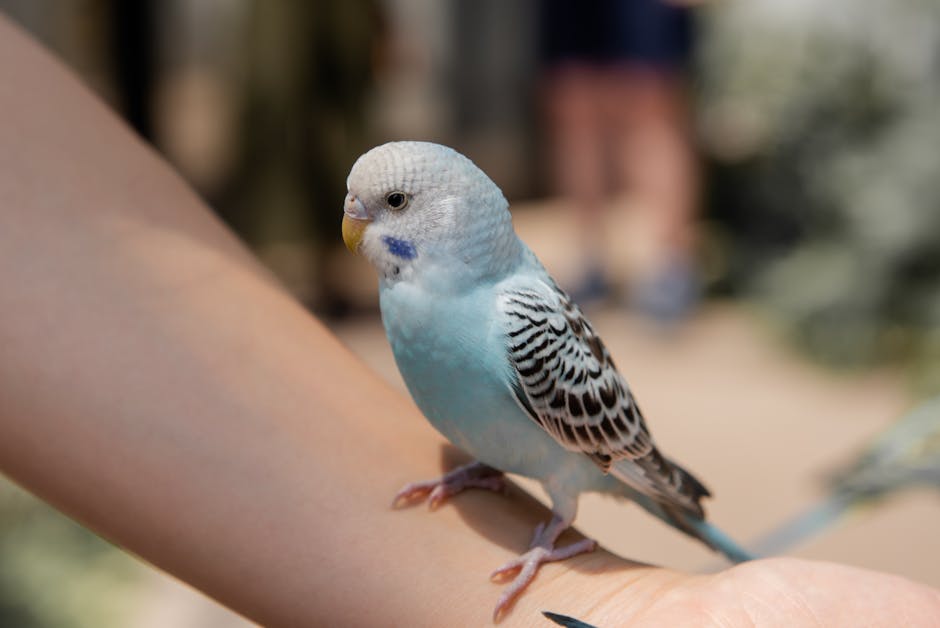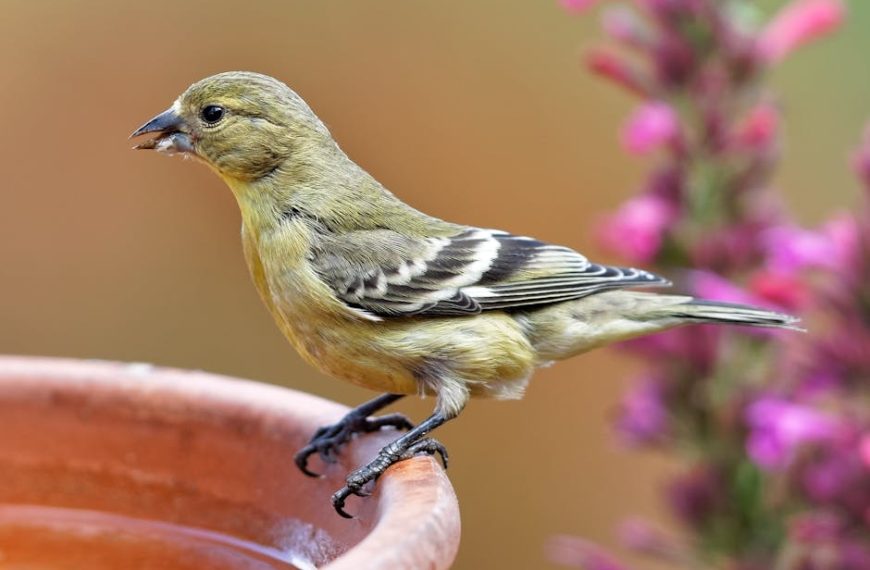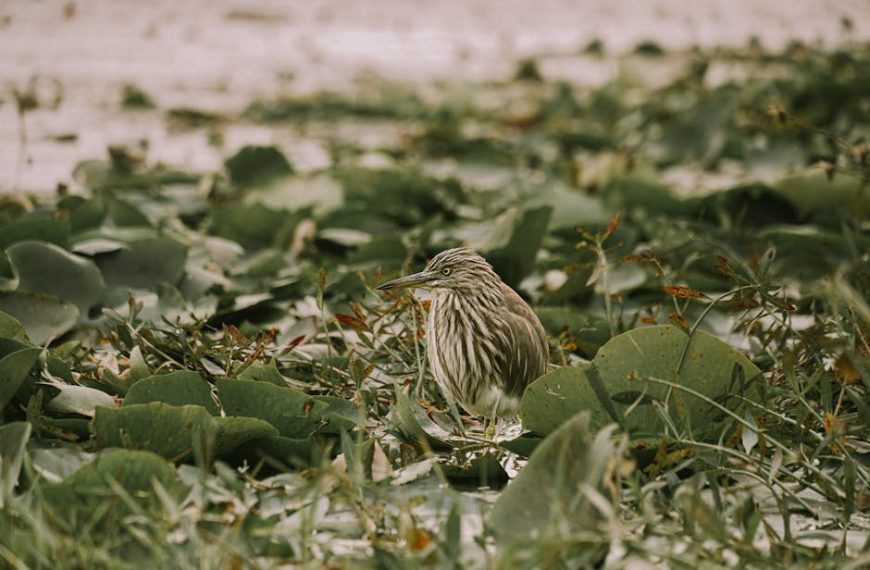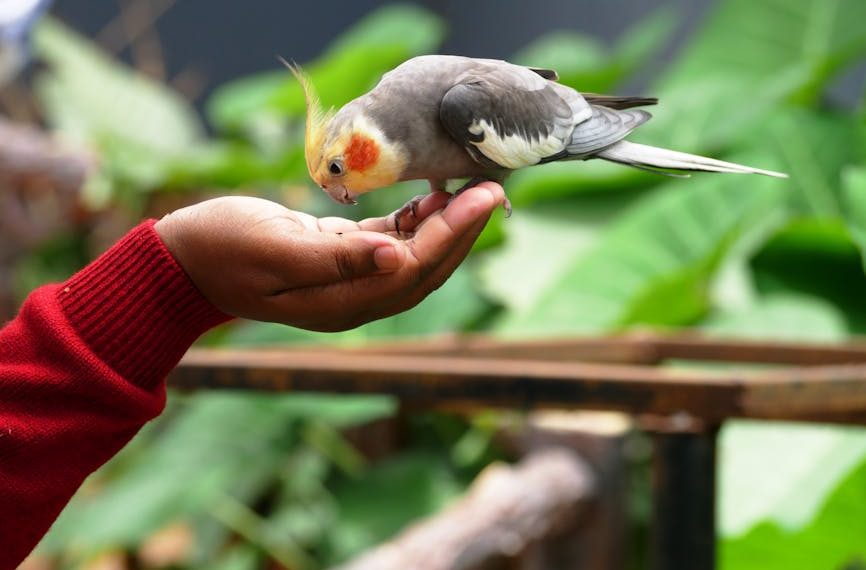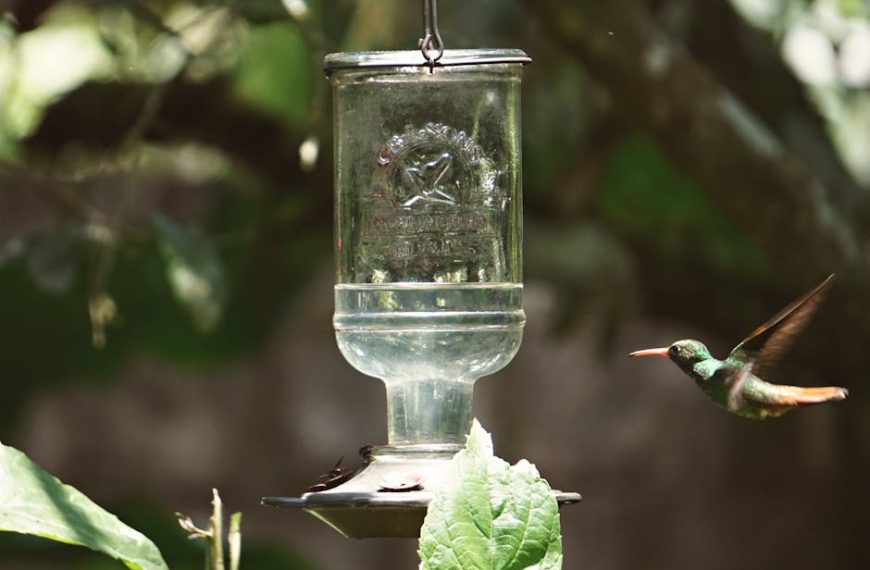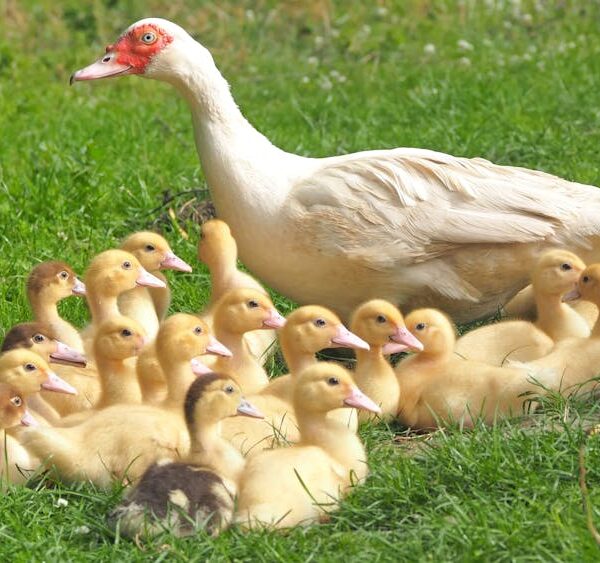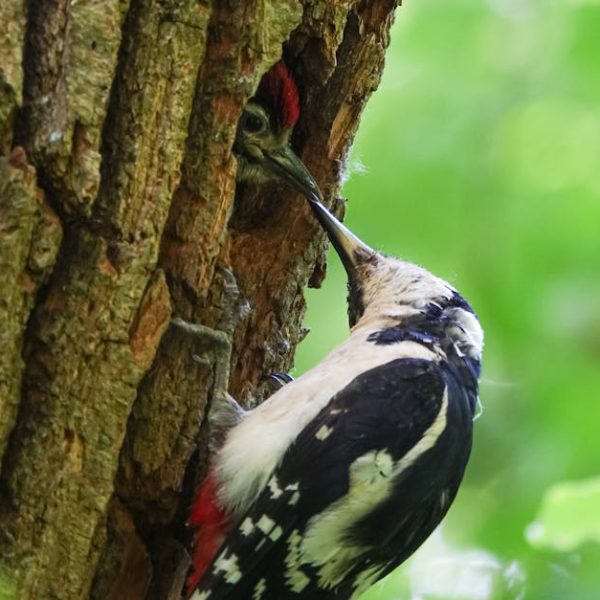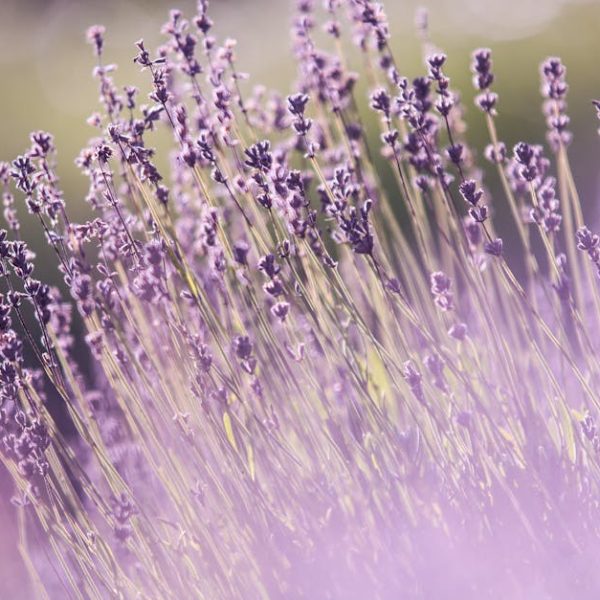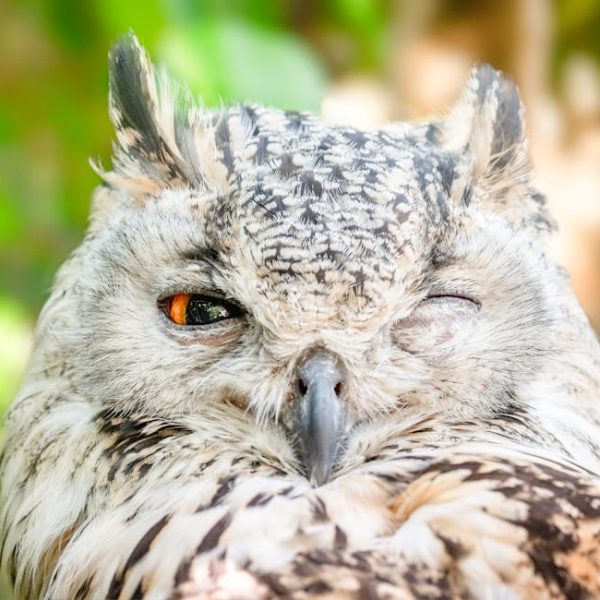Raising pet birds may seem like a straightforward task, but just like any other pets, birds are susceptible to a range of health issues. Learning about these problems and how to prevent them can improve your pet bird’s life quality and longevity. This article explores common avian diseases, dietary needs, the importance of cage maintenance, need for stimulating activities, and showcase signs of pet birds’ illnesses.
Understanding Avian Illnesses and Diseases
Just like humans, pet birds can also contract a variety of illnesses and diseases. Common avian diseases include food-borne diseases, bacterial infections, fungal infections, parasitic infestations, and viral diseases. These diseases can have varying symptoms and impact ranging from mild discomfort to death.
🔸Pro tip: Regular vaccination and check-ups can significantly prevent these diseases.
However, not all birds show noticeable symptoms initially. Therefore, it’s crucial to keep a keen eye on your birds’ behavior and physical state to quickly detect any changes that might indicate illness. Remember, early diagnosis is essential for effective treatment and the prevention of fatal outcomes.
Neglecting a Proper Diet
An inadequate diet often leads to malnutrition, which can severely affect your pet bird’s health and wellbeing. Though birds often pick at a variety of food items, they require a diet that is nutritionally balanced and suitable for their species.
Pet birds require essential nutrients such as:
- Proteins
- Fats
- Carbohydrates
- Vitamins
- Minerals
🔸Pro tip: It’s vital to research the dietary needs specific to your bird species to provide the right nutrition. Exotic birds have different nutritional requirements compared to common pet birds like parakeets or canaries.
Ensure that the food you offer is fresh and non-toxic. Some human foods such as chocolate, avocado, and caffeine can be hazardous to birds. Therefore, it’s crucial to identify and remove any potential dietary threats.
Importance of Proper Cage Maintenance
A safe, clean, and adequately maintained cage significantly contributes to your pet bird’s health and happiness. Many bird owners underestimate the importance of proper cage maintenance, but poor hygiene can cause your pet bird to harbor harmful bacteria, parasites, and viruses leading to illness.
Here are key considerations for proper cage maintenance:
- Regular cleaning
- Correct cage size
- Right cage material
- Adequate ventilation
Proper cage maintenance also entails maintaining the right temperature, providing natural light, and ensuring sufficient airflow, all contributing to a conducive environment for the bird.
Inadequate Physical and Mental Stimulation
Birds are social and intelligent creatures that require adequate physical and mental stimulation to stay healthily engaged. In the wilderness, birds spend a considerable amount of their time foraging, mating, nesting, and avoiding predators. In contrast, pet birds lead a comparatively more relaxed lifestyle. But, the lack of stimulation can lead to boredom or even severe psychological distress. Aspects such as providing them with engaging toys, allowing them active flight time, and comfortable interaction periods with humans or other birds help keep their minds sharp and bodies healthy.
Now, let’s continue by discussing the importance of recognizing bird health signs.
Ignoring Signs of Illness
Ignoring clear signs of illness is one of the main reasons many pet birds endure unnecessary suffering, which could lead to death. Birds are adept at concealing their illnesses, a survival mechanism in the wild, making it even more critical for pet owners to learn to recognize the subtle signs of a sick bird. In particular, look out for:
- Changes in appetite or water consumption
- Variations in the color, consistency, or frequency of droppings
- Unusual or abrupt behavior changes
🔸Pro tip: Birds, like many pets, may exhibit signs of illness in various ways. Becoming familiar with your bird’s daily behavior is crucial in noticing any changes. This can often signify unwellness.
It’s essential to remember that a bird showing any of these signs requires immediate attention. Birds can deteriorate extremely quickly, hence the need for prompt action. Consulting with an avian vet can prove vital in quickly achieving a diagnosis and starting the correct course of treatment.
Prevention is the Key to Long-Term Pet Bird Health
In conclusion, preventing common ailments in your pet birds largely comes down to proper care and attention. Providing a balanced diet, maintaining a clean and safe habitat, ensuring adequate stimulation, and quickly recognizing and responding to signs of illnesses play a critical role in keeping your pet birds healthy.
By staying mindful of these essential care tips, you are now better prepared to prevent many of the common reasons that can otherwise lead to the unfortunate passing of your pet birds. With these practices in place, you can look forward to many years of joy and companionship with your feathery friends!
Key Takeaway:
- Avian illnesses and diseases are common in pet birds and include food-borne diseases, bacterial, fungal, parasitic infections, and viral diseases. Regular vaccination and keen observation of birds’ behavior for early diagnosis are vital.
- Neglecting a proper diet can greatly affect the health of pet birds. Understanding and providing the essential diet according to the specific bird species is necessary for their wellbeing.
- Proper cage maintenance is critical for a bird’s health; it involves regular cleaning, the right cage size, material, adequate ventilation, and maintaining the right temperature.
- Pet birds require adequate physical and mental stimulation for their healthy wellbeing and neglecting this can lead to negative health effects.
- Ignoring signs of illnesses such as appetite changes, changes in droppings, and abrupt behavior changes can lead to the deterioration of a bird’s health and possibly death.
Remember, providing proper care and attention is crucial for the long-term health of your pet birds. By staying keen on their diet, cage maintenance, providing adequate stimulation, and quickly identifying and responding to illnesses, you increase the chances of your birds living a healthy, long life. Let this guide help you ensure that your birds thrive in your care!
FAQs
Q: How often should I be getting my pet birds vaccinated?
A: The frequency of vaccination largely depends on the species of your bird and the diseases prevalent in your area. It is vital to consult with an avian veterinarian to know the right vaccination schedule for your pet birds.
Q: Are there specific foods I should strictly avoid for my pet birds?
A: Yes, some human foods like chocolate, caffeine, and avocado can be toxic to birds. Always research or consult with a vet before introducing new foods to your pet bird’s diet.
Q: How often should I clean my bird’s cage?
A: Cleaning frequency can depend on the number of birds you have and their size. However, for the best hygiene, daily cleanings are recommended, with a thorough clean-out weekly.
Q: How much interaction time should I have with my pet bird?
A:Birds are social creatures, and the amount of interaction can depend on the species and individual personality of the bird. As a general rule, aim for a few hours per day of interactive time.
Q: What are some early signs of illness I should watch out for in my pet bird?
A: Potential signs of illness can include changes in appetite or water consumption, variations in droppings, and unusual behavior changes. Always consult with a vet if you notice anything unusual.
Please share this article if you find it helpful and explore more posts on our website for more valuable pet care tips and advice.
